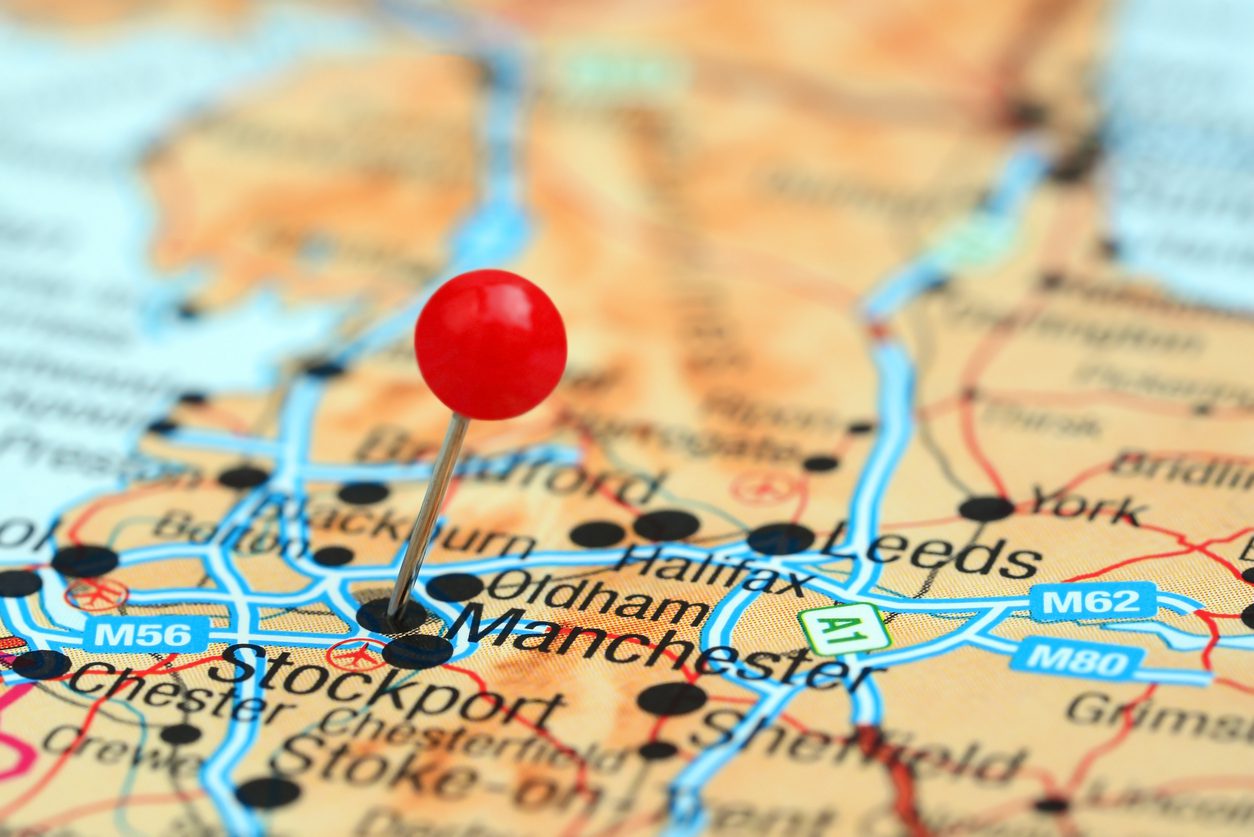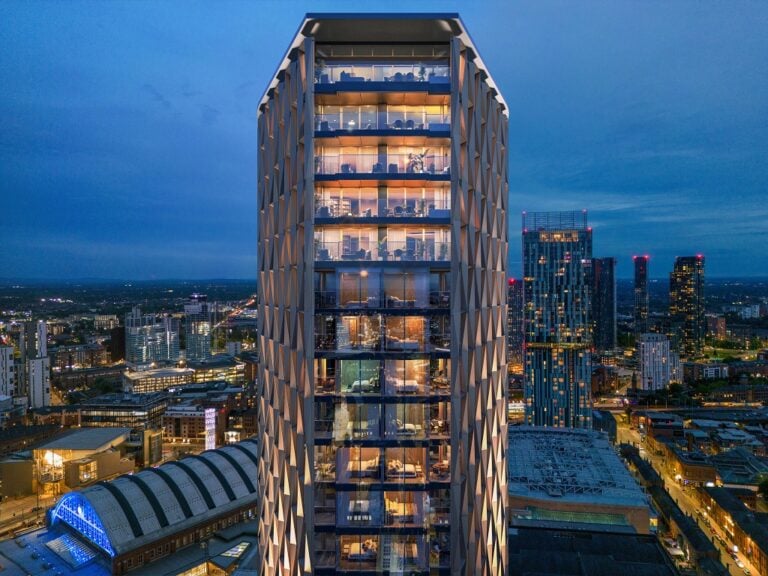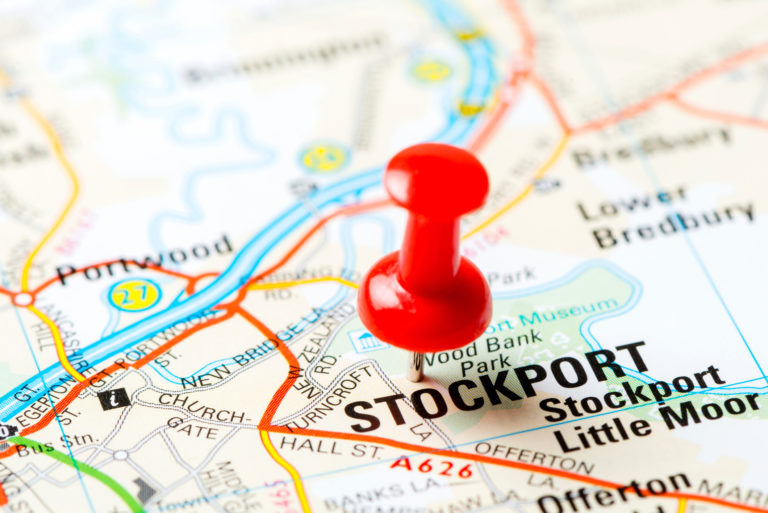Another monthly house price index, another surge in property prices. As always, some regions are seeing stronger growth than others, and the north-west continues to lead the way.
Between October 2020 and October 2021, house price growth in the north-west has surged, with the average value now 10.4% higher than a year ago. This brings property prices in the region to £205,881, a four-month high for the area.
By comparison, according to the latest Halifax house price index, the UK as a whole has experienced annual price growth of +8.1%. The average property value across the country is now £270,027, which is 0.9% higher than last month – equating to £2,500 per property.
London continues to lag behind the rest of the country, with an annual rise of just 0.8%, says Halifax. This is the lowest year-on-year rise in the capital since February 2020, bringing house prices to £514,907 in the city.
Race for space drawing people to north-west?
Since the start of the pandemic, the “race for space” has been particularly prominent. Many people have reassessed their work-life balance more than ever and are now on the hunt for more space – which includes renters as well as homeowners.
With the average property price in the north-west still far below the likes of London and other parts of the south, it is an obvious choice for people looking to get more for their money.
Russell Galley, managing director at Halifax, comments: “One of the key drivers of activity in the housing market over the past 18 months has been the race for space, with buyers seeking larger properties, often further from urban centres. Combined with temporary measures such as the cut to Stamp Duty, this has helped push the average property price up to an all-time high of £270,027. Since April 2020, the first full month of lockdown, the value of the average property has soared by £31,516 (13.2%).”
From cities to commuter towns
For those still keen on city living, the likes of Manchester and Liverpool are hugely popular cities in the north-west. House price growth in these locations has been particularly strong, but price tags remain more affordable than other parts of the country. What’s more, for property investors, low prices and strong rental demand mean attractive rental yields.
However, a number of commuter towns in the north-west are also booming right now. For many renters and buyers, the option of living further from offices has opened up thanks to the huge rise in home-working.
One example of this is Stockport, which has seen a massive 500% increase in prospective property buyers, according to RICS. The town sits just 10 minutes by train from Manchester. The likes of Bolton and Preston are other examples where the housing markets are growing in popularity thanks to their easy commutes to city centres, as well as their local appeal and ongoing regeneration in the towns.
Investment influencing house price rise
The government’s “levelling up” policy is one aspect that is influencing the strengthening housing market in the north, and the north-west in particular. Many investors and companies are seeing the shift and focusing on regeneration and development in the area.
Earlier this year, the north-west overtook the south-east to take third position as the UK’s most attractive foreign direct investment (FDI) location in EY’s UK Attractiveness Survey. The result was driven by the digital technology sector, followed by business services and machinery and equipment manufacture.
Commenting on the result, EY’s Stephen Church said: “These results mirror what I’m seeing across the North West market – business resilience, confidence in the local economy and optimism about the opportunities for future growth here.”
He added: “Our research suggests the UK’s ‘levelling up’ message has landed effectively with investors, with almost two-thirds aware of the policy. There is scope to build on these foundations, with almost half of investors planning to change their supply chains in future and a fifth considering reshoring to the UK. With the manufacturing and logistics opportunities this will create likely to fall outside of London and major cities, this may be a one-off opportunity to reshape the UK’s economic geography.”
As the business landscape in the north-west continues to improve, it will serve to further strengthen the attractiveness of the housing market there.










